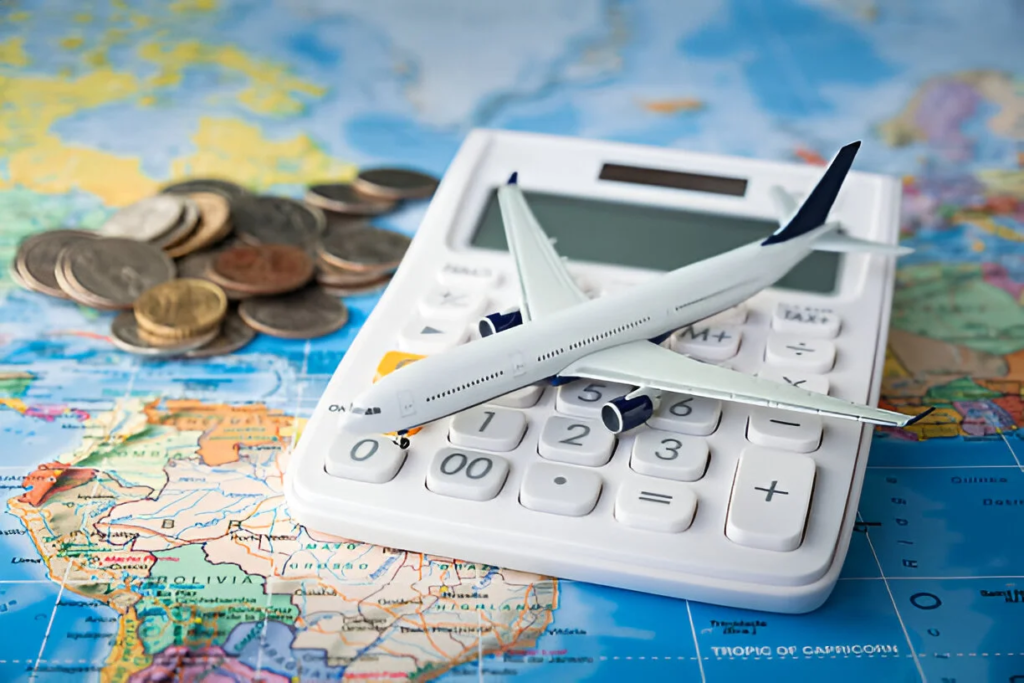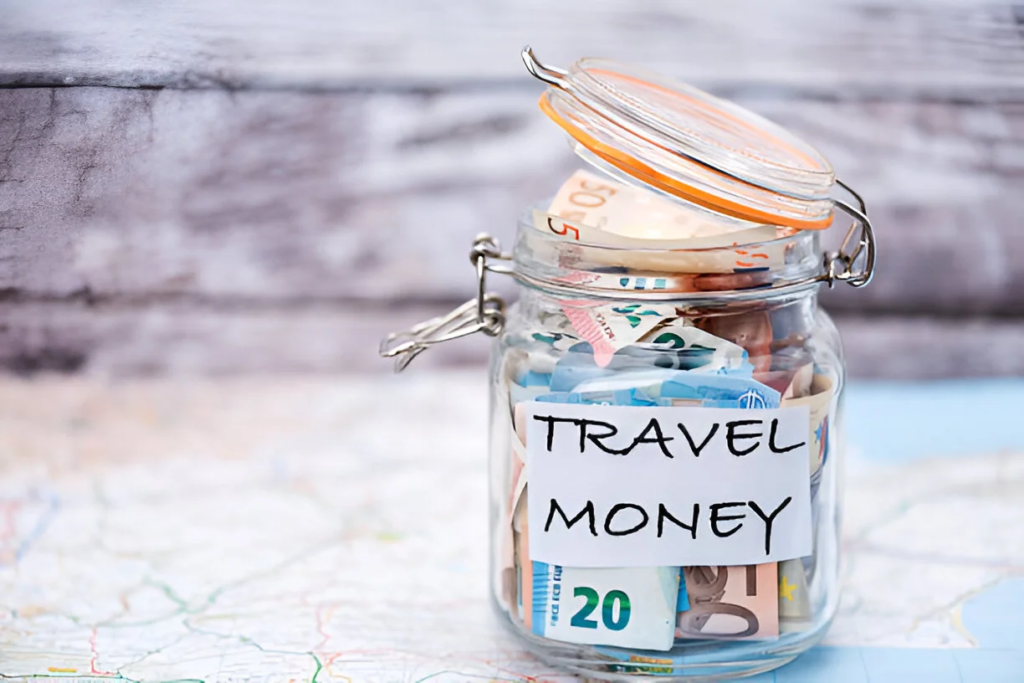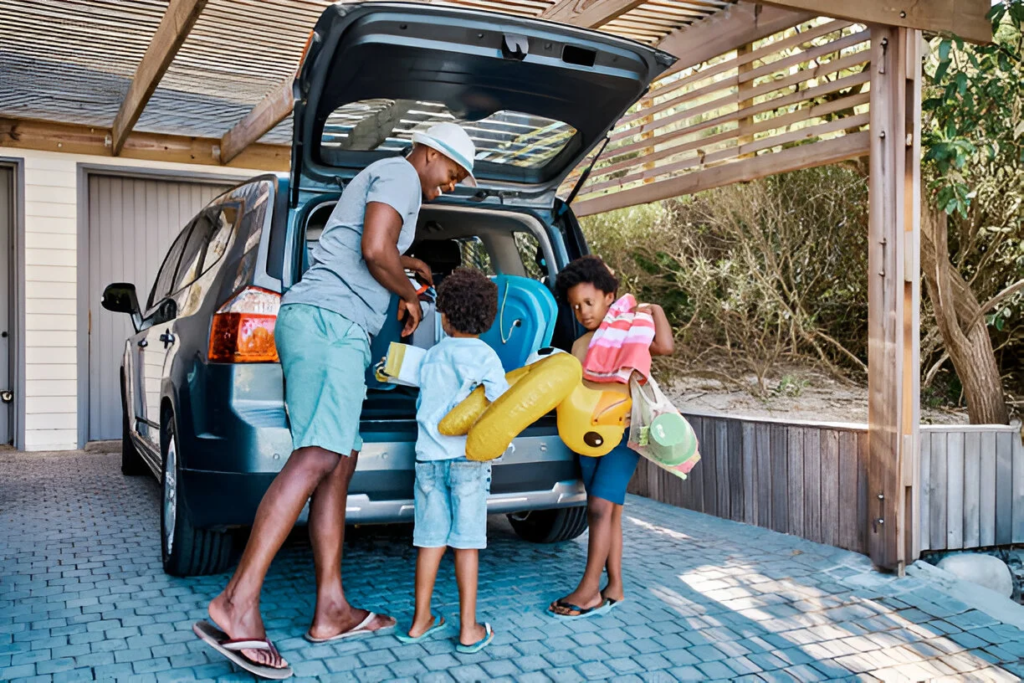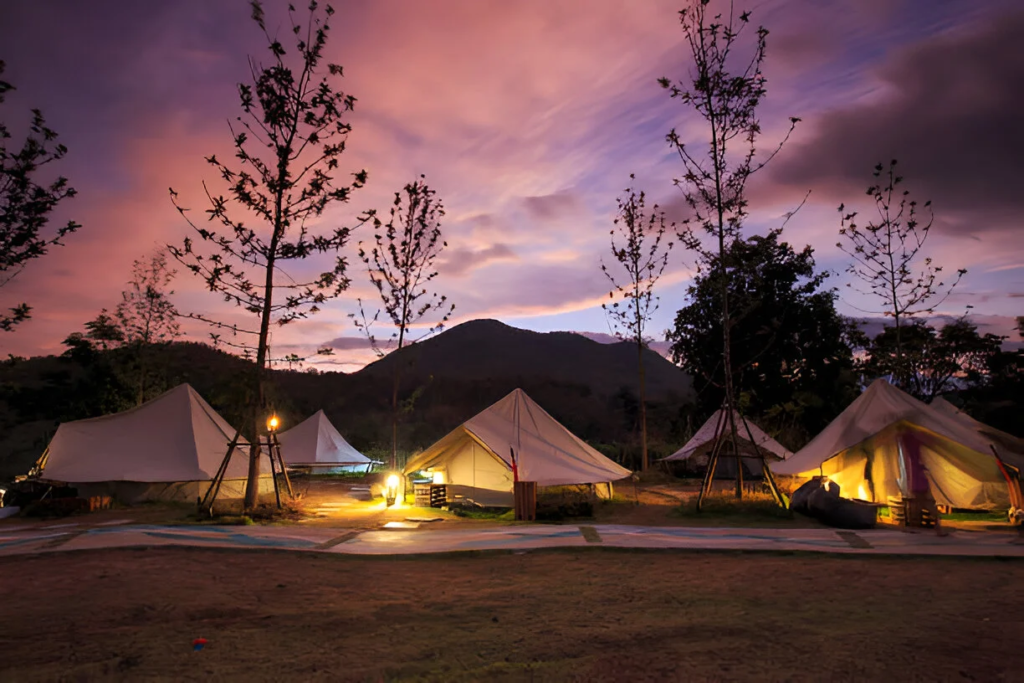
Do you need a break from your work life? Nothing works as a charm than a vacation with your loved ones. Whether you’re thinking of a brief weekend getaway or a longer vacation outside the US, do it!
But during vacation planning, don’t forget the financial aspect. This is why, it’s better to create a budget. Worried about where to get started? Don’t worry, we are here to guide you about how to create a vacation budget.
But first, you should understand why you need a budget for traveling.
Table of Contents
ToggleWhy Create a Budget for Vacation
The purpose of a vacation is to get away from the stress of routine life and have fun. So, creating a vacation budget may seem a hassle. But this step will pay off.
Budgeting helps you plan your trip better. You can allocate funds to activities you enjoy the most.
For instance, if you’re a history fanatic, you can go to museums and visit cultural sites. Or if your kids are accompanying you, you can allocate more funds for theme park tours. This will help you make the most of your trip and ensure you don’t miss out on must-see attractions and activities.

During your trip, you may often worry whether you can afford that fancy dinner or an extra excursion. But the budget will give you a clear idea of what you can comfortably spend.
Similarly, you can avoid the trap of overspending and breaking the bank. You can still go out, explore the place, and enjoy delicious food. But you’re more likely to keep your spending in check. So, when you return home, you won’t have to worry about hefty credit card bills or drained savings.
Finally, a budget reduces financial stress and helps you enjoy the vacation within your means. Knowing that you have a financial plan in place, you can fully relax and enjoy your vacation. Thus, you’ll return home refreshed, not only from the break but also because you managed your finances wisely.
How to Create a Family Vacation Budget
Planning a vacation is all about finding a balance between adventure and affordability. Wondering how to create a family vacation budget? Then here are the key factors you should focus on when budgeting for your vacation:

Travel Insurance
With travel insurance, you can enjoy your vacation with peace. If there are any medical emergencies or your luggage is lost, the insurance will cover the cost. Also, it will provide coverage if your trip or flight gets canceled.
Since you’ll be traveling with your family, it’s better to invest in a comprehensive policy.
Allianz Travel, Travel Guard, and Travelex are some of the leading travel insurance providers. Check out their plans to find out which one is the best fit for you.
Make sure the policy is cost-effective and covers emergency costs. If your family members have pre-existing medical conditions, the plan should accommodate their needs. Don’t forget to check reviews by other travelers before buying a plan. Further, if you apply for a family plan, chances are you will get a good deal.
Whether you’re going away on a domestic trip or an international vacation, it’s a good idea to get insurance coverage.
Transportation Expenses
Do you plan to reach your destination via air travel? Then start your ticket search early.
CheapOair, KAYAK, Kiwi.com, and other digital platforms can help you find the best deals. Booking early can also help you get cheap flights.
Another good idea is to go for budget airlines for shorter flights. The travel may not be too comfortable. But it can help you cut down on costs on short flights. But if you have kids or you’re booking a flight for a longer route, you may get uncomfortable. So, consider your needs and then decide which option works for you.
Some people prefer using public transportation when exploring places. Do your research to determine if you can get family travel passes.
On the other hand, you may plan to reach your destination via your own car. If that’s the case, consider the cost of fuel. You’ll also have to pay for parking.
If your plan involves renting a vehicle during your stay, compare prices from different car rentals. Look for spacious vehicles that are affordable and offer enough space for comfortable seating.

Accommodations
A crucial decision during travel planning is to choose accommodation. There are multiple options to choose from.
Hotels
Are you looking for comfortable rooms with amenities? Then you should look for hotel rooms.
Basic rooms in 3-star hotels are available for lower costs. It can be a good option if you plan to spend most of your time exploring the place and come to your room only to sleep. However, you can also book luxury rooms to make your stay more comfortable.
When booking a hotel room for family vacations, look for adjoining rooms.
With TripAdvisor, Skyscanner, Booking.com, and similar travel websites, you can find low-cost hotel rooms. Package deals (flight + accommodation) can also help you save money.
Rentals
Another option is to opt for vacation rentals. Airbnb, Agoda, and Vrbo connect you with homeowners.
You can book rooms, apartments, condos, or an entire house for your family. Renting a house or apartment gives you 24/7 access to the kitchen and other facilities. So, you can reduce costs by cooking meals yourself.
Alternative Accommodations
Family resorts can be expensive. But the cost covers all major expenses such as meals and activities. So, it can simplify budgeting. And if you’re good at looking for discount deals, you can get good value for money.
Camping or glamping work well for weekend trips. It can be your go-to choice for planning an adventurous weekend trip where you can connect with nature.

Activities and Attractions
Now it’s time to budget for the most crucial aspect of vacations – sightseeing!
So, start your research about the place you’re visiting with your loved ones. Create a list of all the attractions you want to visit and the activities you want to enjoy. Now prioritize them. This will give you a rough idea of the cost.
When planning a family vacation on a budget, look for free and low-cost activities too. For instance, you can go hiking, visit parks or beaches, and attend local festivals.
You can also look for full-day passes that can help you save money. Additionally, there are special discounts available for big groups. So, check for these options when buying tickets for museums and other attractions.
If you don’t have important commitments, it’s best to plan your vacation during the off-peak season. Many places offer discounts when it’s not crowded. So, you can get great deals.
During family travels, downtime is often forgotten. So, when planning your vacation, don’t overschedule. Let everyone relax. This won’t only reduce costs but also make your trip more enjoyable.
Food/Snacks
During vacations, you’d want to enjoy local cuisine. But having every meal at a high-end restaurant isn’t feasible. This will only ruin your budget.
On the other hand, no one wants to prepare every meal when they are on vacation. So, find the balance between eating at restaurants and preparing meals.

If you’re staying at an all-inclusive resort, you don’t have to worry about additional meal costs. But if your accommodation includes access to a kitchen, you can prepare (at least) one meal a day.
For this purpose, visit a local farmer’s market and grocery store to buy the necessary ingredients. Some hotels offer complimentary breakfasts. You can also buy milk, bread, jam, and more breakfast items if your accommodation doesn’t offer breakfast.
As for restaurants, avoid tourist-heavy areas. Instead, go where locals eat. With Yelp, TripAdvisor, and UberEats, you can find good local restaurants. Check out if there are any discount deals available.
Aside from dine-in options, you can enjoy local cuisine at food trucks and food stalls. These are less expensive and offer authentic local food.
Further, pack snacks for vacation savings. Adults and kids, everyone wants snacks. When creating a budget, don’t forget to factor in this cost.
Unplanned/Miscellaneous Expenses
Do you know how to create a vacation budget?
You need to plan common expenses for your family. But keep a contingency amount for unexpected and miscellaneous expenses. Make sure you don’t spend it on other activities to ensure it’s available when you need it.
You can spend this amount on emergencies or buying last-minute gifts and souvenirs. Or it can be spent on spontaneous vacation experiences. This fund will also be helpful if the weather suddenly changes and you need to buy new clothes.

Conclusion
Planning a family vacation can be overwhelming. But you can plan a fun and stress-free trip by creating a vacation budget.
Start by determining the total amount you can afford to spend on the vacation. This gives you a clear idea of your financial boundaries.
Now think about main expenses and allocate funds to make the most of your trip. Also, don’t forget to keep emergency funds for unplanned activities and events. You can use personal savings from your savings account. For additional costs, use your credit card. But be mindful not to overspend and stay within your planned budget.
